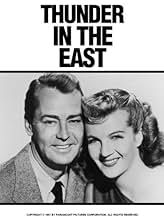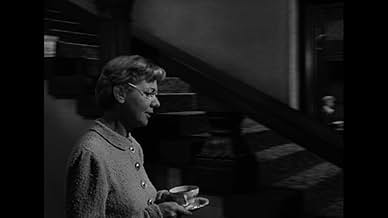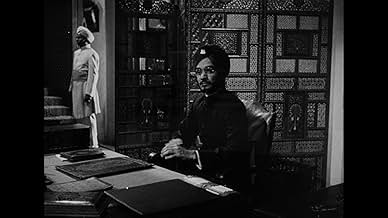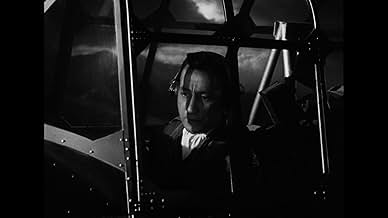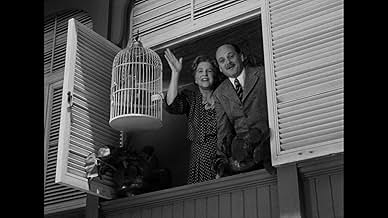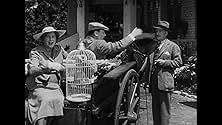I guess the 1952 audience was certainly not satisfied with the ending,which abruptly comes as the heroes are still in action. Ending a movie like that was not obvious at the time.
The biggest flaw is French actor Charles Boyer,ridiculously made up as a Hindu.This character,a Gandhi disciple, puts forward wisdom,prayers,peace and love to cowardice and reactionary mind (the English) greed(Alan Ladd's character) , violence (his brothers ,the rebels),and complete irresponsibility (the caricature of a maharajah).He's the only positive character of the story along with the minister and his blind niece (Kerr).It's absolutely impossible to believe Boyer is an Indian ,mainly if you've seen him as a French lover!Besides,he finally demonstrates the opposite of what he stood up for . Ladd's evolution is predictable,from a greedy businessman to a hero (thanks to the blind girl of course).One should notice that Deborah Kerr is too great an actress to play such a poor part that would be suitable for a B movie starlet.Her intellectual playing does not match with down-to-earth Alan Ladd.The movie also suffers from a shoestring budget.
Take George Cukor's "Bhowani junction"(1956) instead.

